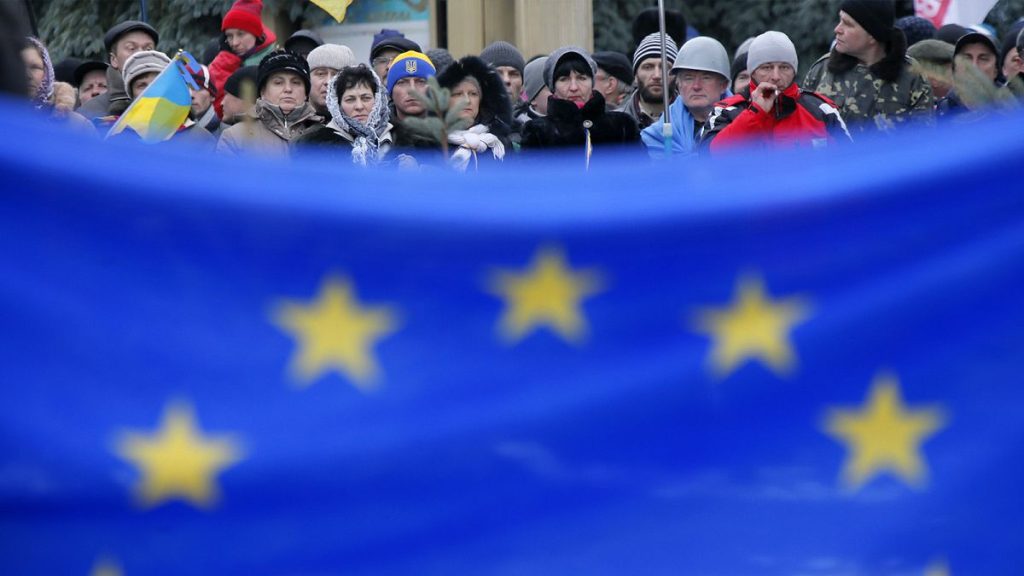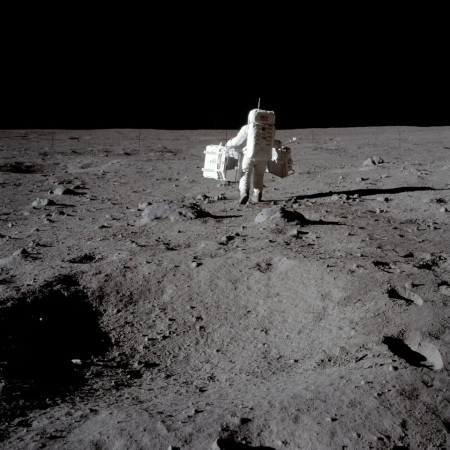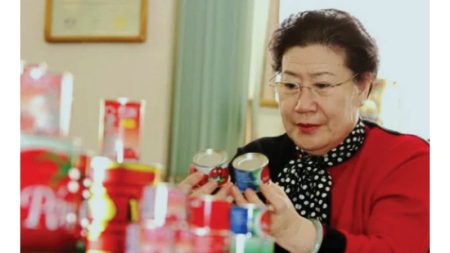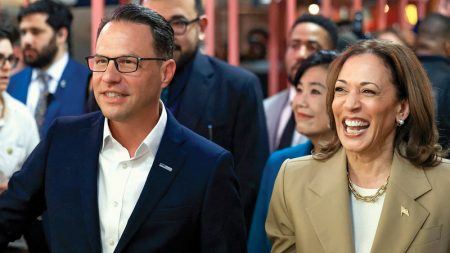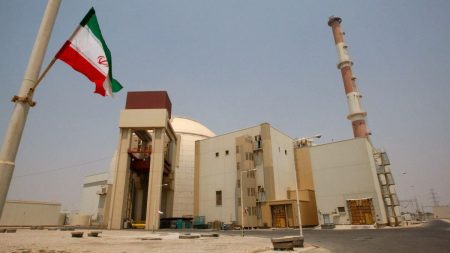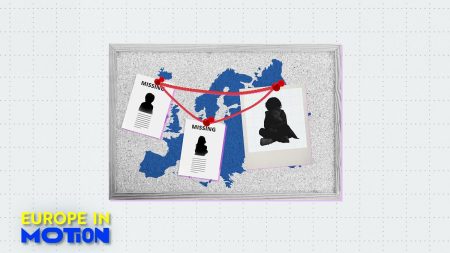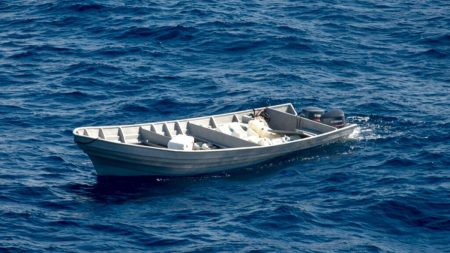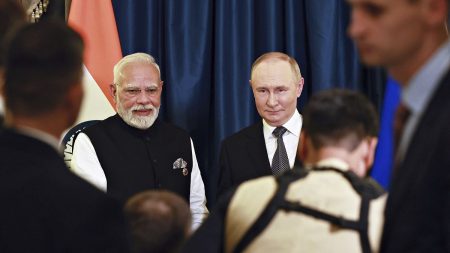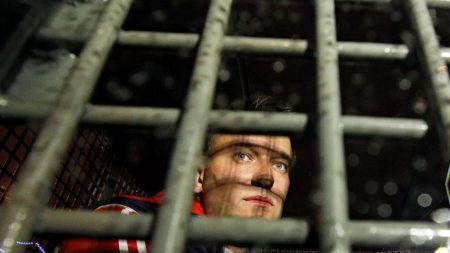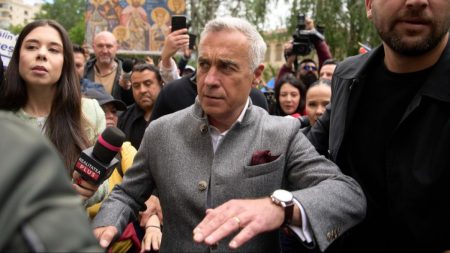Summarize this content to 2000 words in 6 paragraphs in Arabic
With rising death rates and ongoing mobilisation struggles, Ukrainians fear a new set of EU politicians could slash support for their already difficult war.
ADVERTISEMENTDespite relentless missile strikes, air raids, and increasingly frequent power cuts, Ukrainians remain fixated on the European elections.At war for nearly two and a half years, Ukraine has depended on the rest of the continent for crucial support for weapons and humanitarian aid while Kyiv’s soldiers continue to toil in pushing back the Russian invasion’s advance into their country.An unfavorable outcome in the 6-9 June elections could make matters worse and decide whether they will have the basic means to continue fighting back against Vladimir Putin’s troops.For Ukrainians — and many others on the continent — it’s clear. If Ukraine falls, no one will truly be safe, and others could see themselves as targets.“My message to all Europeans is to use your vote to defend democracy, use your voice for those who cannot”, Oleksandra Matviichuk, Chair of the Center for Civil Liberties, told Euronews. Matviichuk’s NGO provides essential records of war crimes and crimes against humanity committed by the Russian army in Ukraine, an essential testament to the veneer of civilisation being scraped off in the eastern European country. “This is the only way to stop anti-democratic political forces from gaining power.”For figures like Matviichuk, crucial security issues like Ukraine are bipartisan issues, ones closely tied to universal democratic values which should not fall victim ideological bickering.“I hope that despite this, European parties will come together on the issue of supporting Ukraine. Ukraine is fighting for democracy and freedom, which is the benchmark of the European Union,” said Matviichuk, whose organisation was awarded the 2022 Nobel Peace Prize.Democracy, Euromaidan and rumble of approaching tanksUkrainians have a visceral understanding of the importance of democracy, having suffered through a bloody crackdown against the pro-EU Euromaidan protests in Kyiv in 2013. Euromaidan’s success forced President Viktor Yanukovych to fold to people’s demands and flee to Russia at the time, but it came at a price: by 2014, Russia aided and abetted the pro-Moscow separatists in the eastern Donbas region of Ukraine and annexed the Ukrainian peninsula of Crimea.Ukrainian’s desperate cries that Russia would not stop at the Donbas fell on deaf ears for eight years until tanks rolled across the border into Ukraine once again in 2022.After repelling the initial full-scale onslaught and pushing back Moscow forces, it seemed like Kyiv could emerge victorious. At the time, the EU embraced Kyiv with open arms, countering Putin’s act of aggression with a slew of economic sanctions against Russia and a committment to keep providing the weapons and ammo Ukraine sorely needed.Ukraine was fast-tracked on its path to EU candidate status, and the long-standing dream of Ukrainian people of being welcomed into the greater European family seemed to be within reach.However, things got complicated. Kyiv launched a largely failed counter-offensive, caused by a slow supply of ammuntion and having to face multiple waves of Russian military conscripts in the east of the country. Other conflicts, like the Israel-Hamas war, drew away public attention.Far right, the great naysayer?As Russian forces entrench themselves, the country is besieged by relentless missile and drone assaults on civilian sites, inundating entire valleys and continuously dangling the possibility of nuclear strikes. It’s evident that the conflict won’t see a swift resolution, soon.In the rest of Europe, voices continue to emerge expressing scepticism towards the EU’s continued support for Ukraine.With the rise of the far right — some of who have explicitly campaigned against arms shipments and opening the door to Ukrainian accession — many fear that the results of the June vote might see Ukraine’s fortunes turn for the worse.On Friday, the European Commission told the member states that Ukraine fulfilled the criteria to kick off membership talks. Yet, the biggest challenge Ukraine might face as the new European Parliament forms will be finding enough support for its path to full membership, CEO of Centre for European Policy Studies Karel Lainoo told Euronews.ADVERTISEMENTAlthough S&D and EPP — both staunch supporters of Ukraine — are expected to remain the two strongest groups in Parliament, “since the third or the fourth largest group may become or is expected to become the eurosceptics or even worse, the anti-Euro groups, it will only become more difficult,” Lainoo said.“Even if this process was started by (European Commission President Ursula) von der Leyen very explicitly and also supported by (European Council President) Charles Michel, who said Ukraine should become a member by 2030, it is likely that this process will be slowed down.”Europe understands the threat this time aroundAnd it’s not just about the war. Member states, who also have to approve Ukraine’s accession, might choose to prioritise protecting their economies, and defer to the sceptical among their citizens as a means of justifying the move.“Politicians will say, look, this means that Europeans are rather conservative or afraid of a country like Ukraine to join too rapidly, to benefit from full access to the single market, and eventually to distort the agricultural single market and other aspects of the market with much cheaper products. Hence, we have to protect our market, and we will slow it down,” Lainoo explained.But will this also translate into the EU hanging Kyiv out to dry, allowing the Kremlin to push forward once again? Lainoo doesn’t think so, especially because even among those on the extreme ends of the political spectrum, there is no unanimity over Ukraine’s war effort.ADVERTISEMENTMore importantly, Europe is fully aware of the threat coming from Moscow this time.“There is a cross-party realisation that this is existential for Europe. Rationally, yes; probably emotionally not so. But rationally, they will say that this is a danger for Europe,” Lainoo concluded.
رائح الآن
rewrite this title in Arabic Could a strong EU hard-right undermine Ukraine’s war effort?
مقالات ذات صلة
مال واعمال
مواضيع رائجة
النشرة البريدية
اشترك للحصول على اخر الأخبار لحظة بلحظة الى بريدك الإلكتروني.
© 2026 جلوب تايم لاين. جميع الحقوق محفوظة.






